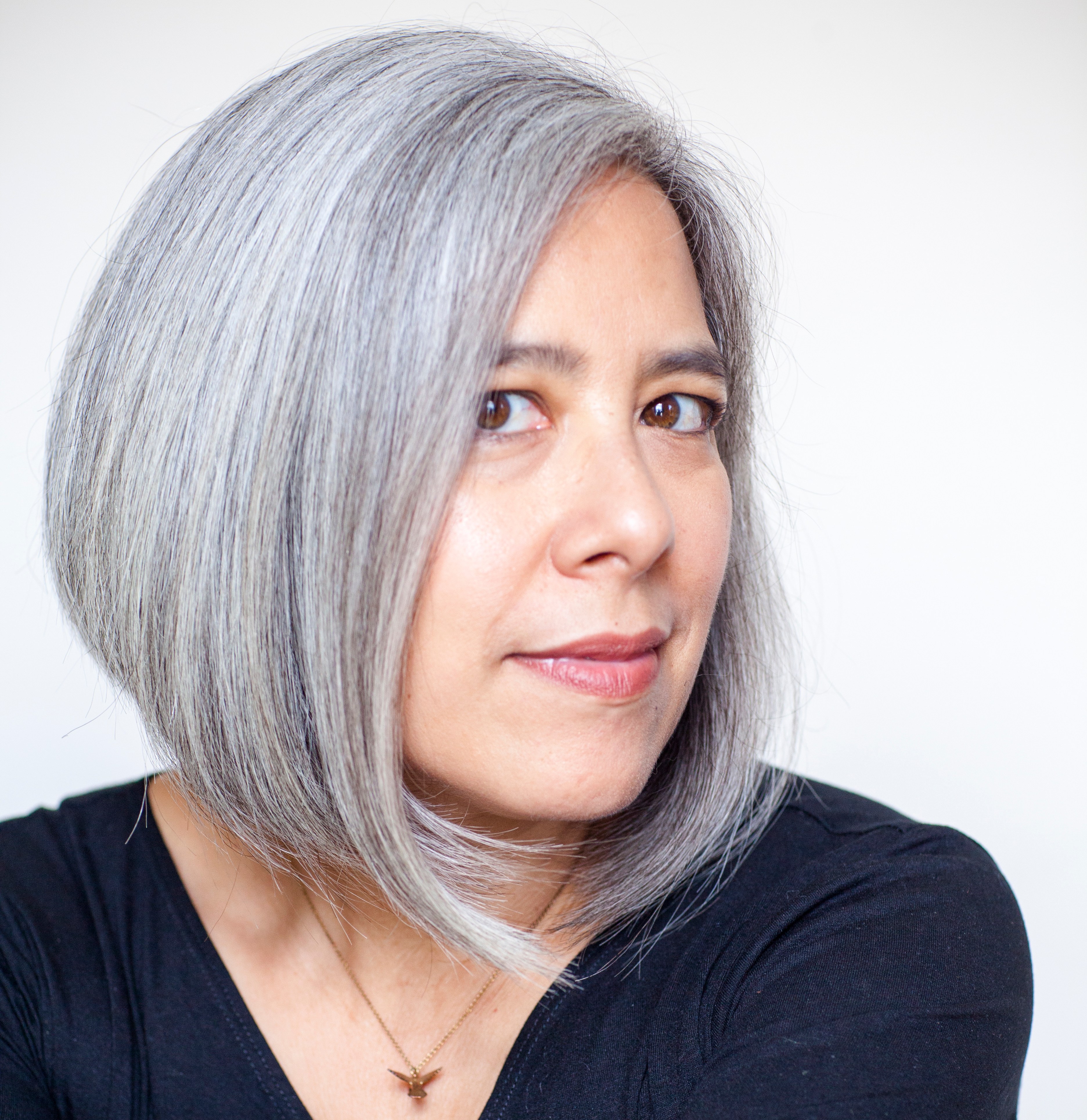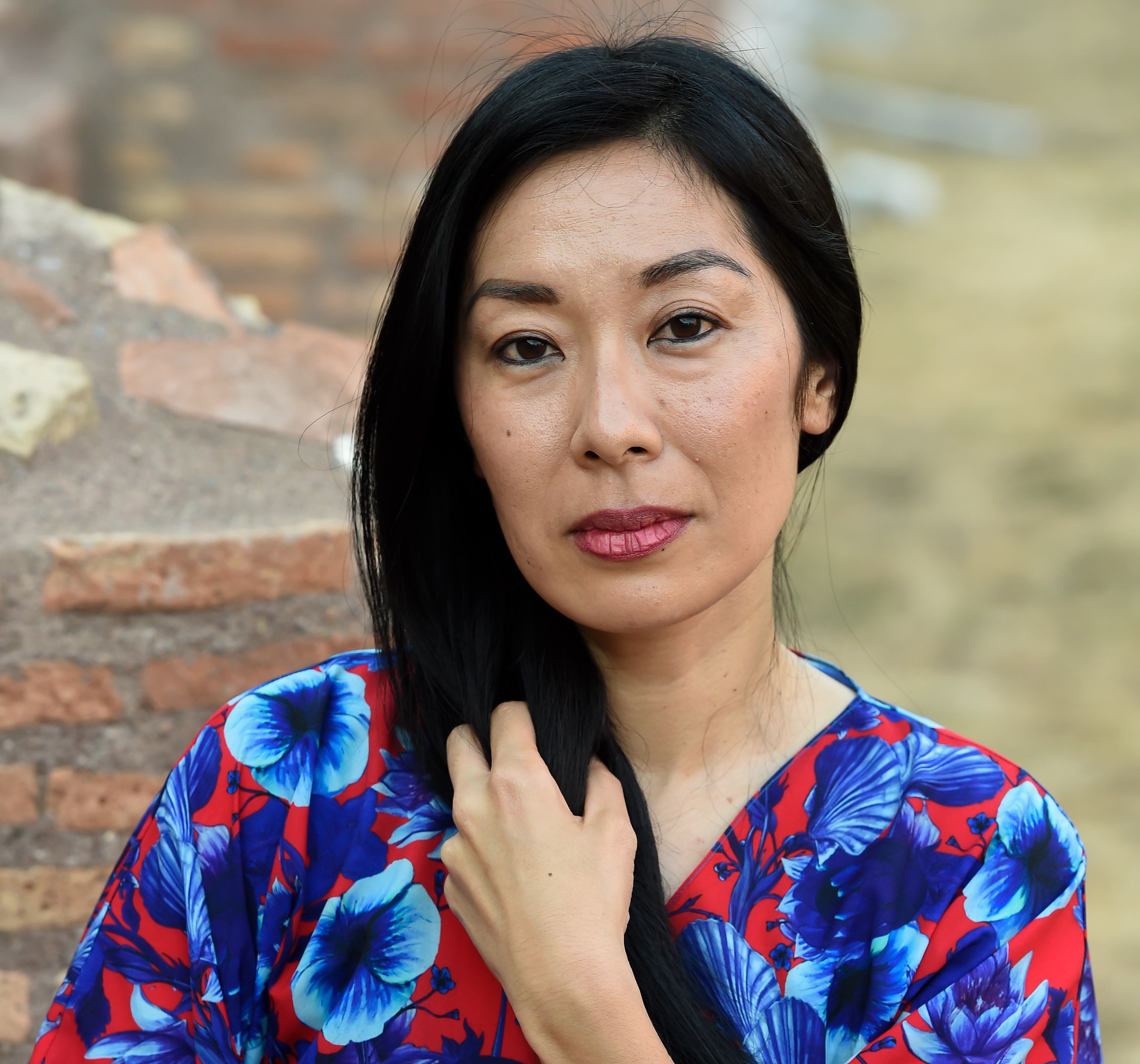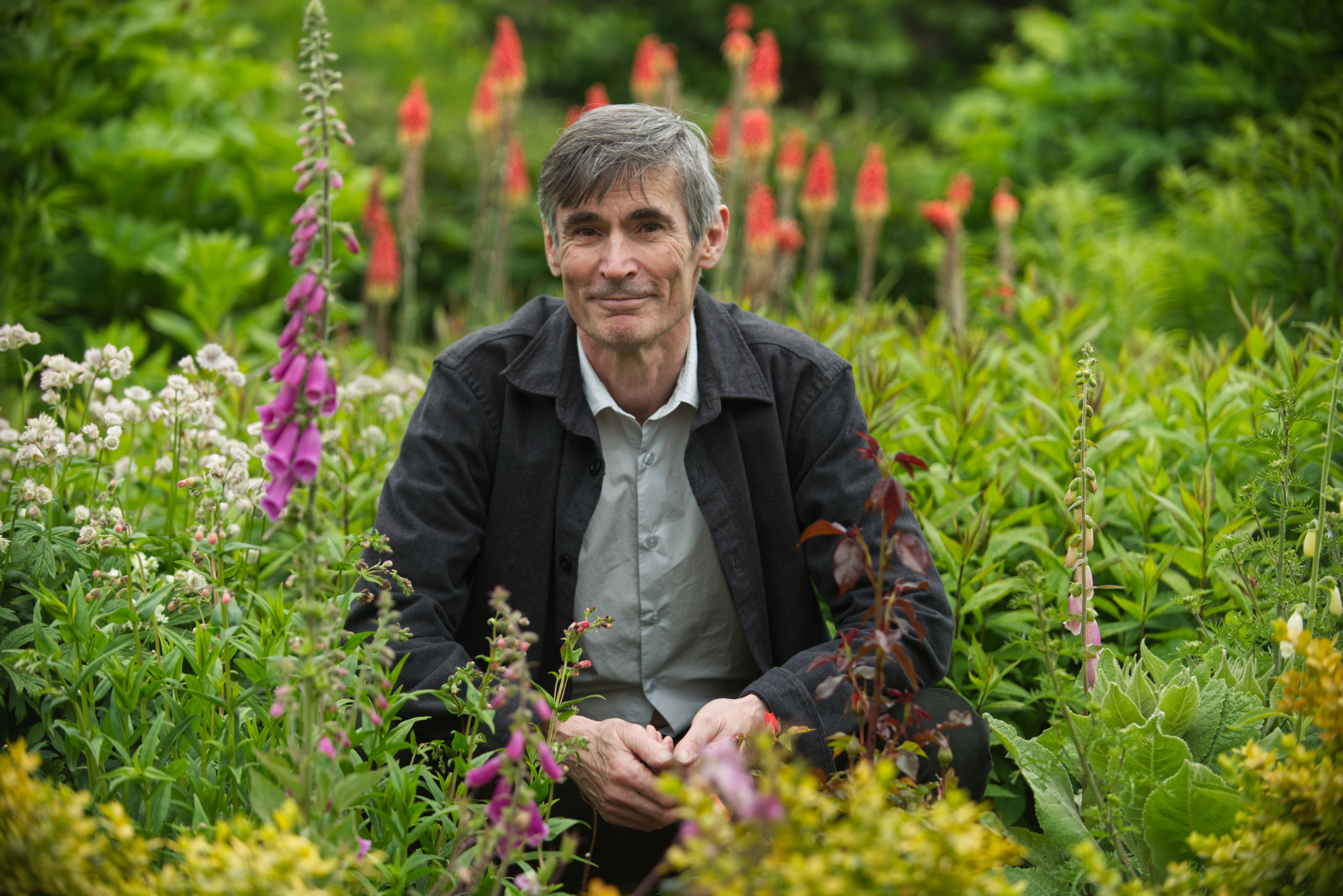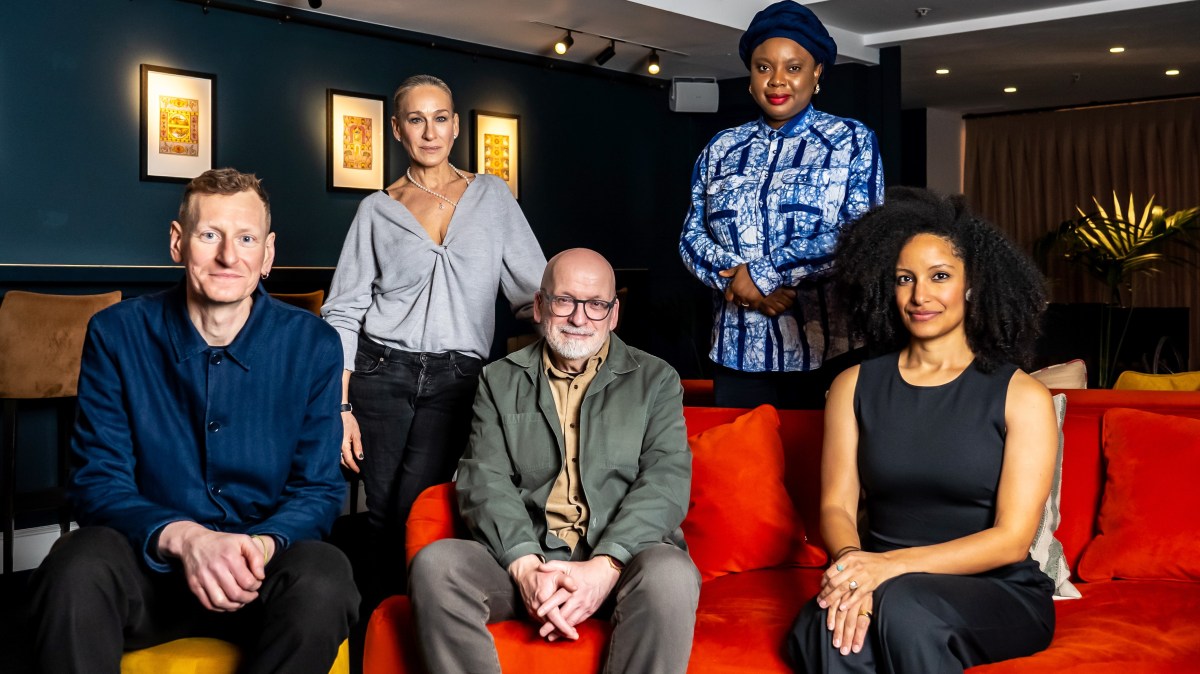The Booker prize jury chair has bemoaned the quality of many entrants for the annual literary award, saying judges had often wondered “why we had been asked to read” some of the submitted novels.
Roddy Doyle, the first former Booker prizewinner to subsequently chair the jury, said he and the other four jurors had discarded all but 31 books from the original 153 to discuss before deciding which should be on their longlist.
He said many had not warranted discussion later, adding that he began to feel low when reading two bad books in a row because he had “signed up” to be a judge in order to read good books.
There are regularly more than 150 “literary fiction” titles in contention for the prize. New novels by all previously shortlisted authors are entered automatically, and some publishing houses are allowed several entries each depending on previous success.

The American writer Susan Choi is on the shortlist
HEATHER WESTON
The expansion a decade ago of the prize — which was previously open only to British, Commonwealth and Irish writers — to admit books by any novelist writing in English has also led to a vast number of submissions from American authors.
Doyle said the number of books they all had to read was “daunting”. He said that such were his reading responsibilities, one day he recorded only 17 steps on his pedometer “and it took eight steps to the kettle from where I was sitting”.
• Who will win the 2025 Booker prize?
He said that before a longlisting meeting with the other judges — the fellow writers Ayobami Adebayo and Kiley Reid, the critic Chris Power and the actress Sarah Jessica Parker — they had “decided 31 books were worth discussing”.
Although they had talked about each of the 153 submitted novels, he said: “We didn’t say much about some of them and a very few we wondered why we had been asked to read them.”
Power said the bad books did have the benefit of highlighting the good ones. “If you read a few bad books in a row, which you could easily do in this process or [at least] not great books and then you read something quite good you suddenly got excited about it,” he said.
Power said that under the judges’ “traffic light system”, green for good and red for bad, red could mean that a book was “fine, just not something that you really think is worth pushing into the hands of readers”.
• The best books of 2025 so far
However, he said that having “many reds” among the 153 books did not mean that “publishing is in crisis”.
The six books the judges eventually shortlisted for this year’s prize include three by American novelists: Flashlight by Susan Choi, Audition by Katie Kitamura and The Rest of Our Lives by Ben Markovits.

Katie Kitamura
MARILLA SICILIA/GETTY IMAGES
The British author Andrew Miller is shortlisted for The Land in Winter along with the British-Hungarian David Szalay for Flesh. The list is completed by Kiran Desai, the Indian former prizewinner, who is shortlisted again for The Loneliness of Sonia and Sunny.

Andrew Miller
ROB MCDOUGALL
Doyle, who won the Booker in 1993 for Paddy Clarke Ha Ha Ha, said that it was often a blessing when he encountered a bad book within the 153.
“Now and again I would feel a bit of relief when I realised, to my mind, that it wasn’t a good book and I would stop reading,” the Irish author said. “But [then it would] happen twice in a row and I started to feel a bit low because this is not what I have signed up for. I want to read good books.”
Doyle added that he was now fed up with small typefaces. “If they [the books] were all uniform and came in at 200 pages with a reasonable font it would be great. The font is my gripe though.
“One book, which we liked, the font reminded me of the warning you get on the back of a pack of Panadol in 17 languages. You would be reading for half an hour and realise you are on the same bloody page you were half an hour ago.”

